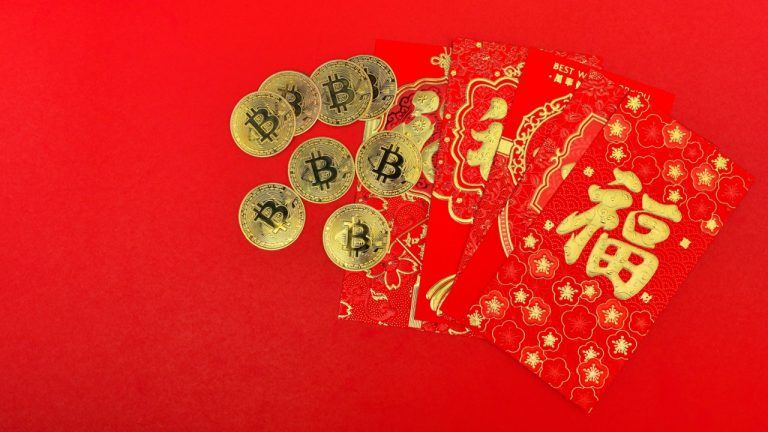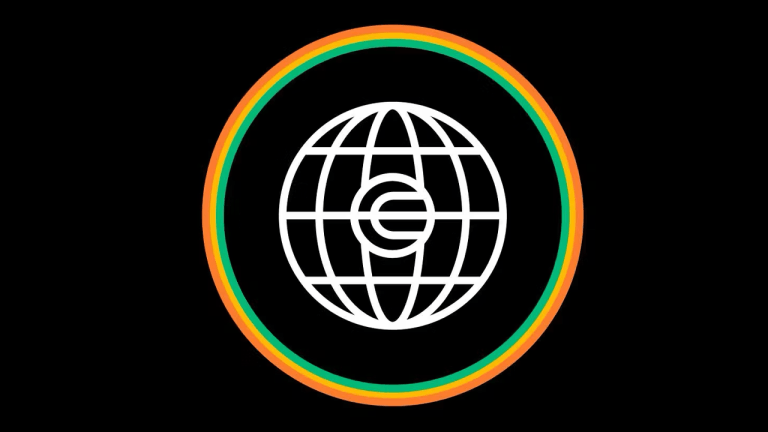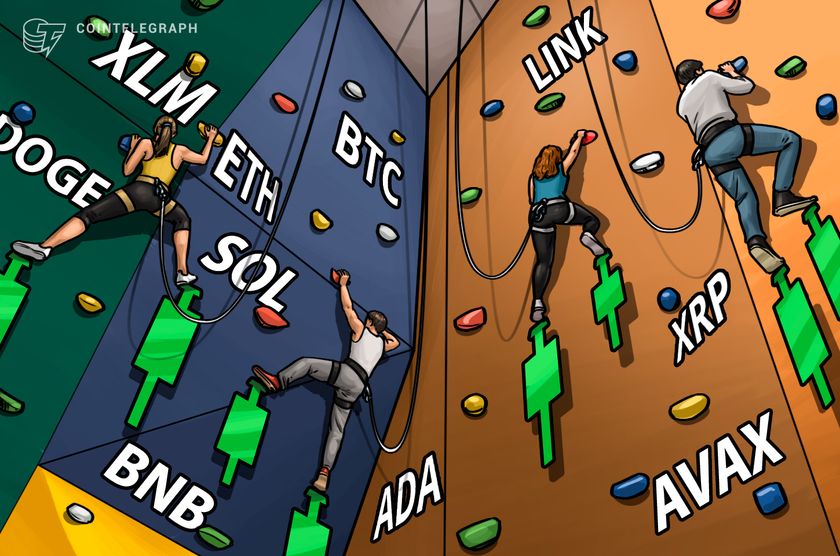
Researchers use zero-knowledge to address privacy, AML concerns in stablecoins

Organizations led by German fintech etonec designed a system that takes advantage of zk-SNARK to provide untraceable transactions within regulatory limits.
Researchers from German crypto blockchain-based payments fintech etonec and other organizations have proposed using zero-knowledge proofs to ensure regulatory compliance and privacy in stablecoins. They have created a design that allows fiat-based stablecoins to be used like cash, within limits.
The researchers’ design allows a number of limits, including on transactions, balances and turnover, and enables Anti-Money Laundering (AML) and Countering the Financing of Terrorism (CFT) compliance with the use of zero-knowledge proofs, particularly zk-SNARK (Zero-Knowledge Succinct Non-Interactive Argument of Knowledge). Below the preset limits, transactions would be invisible to third parties.
According to the researchers’ report:
“In essence, our goal is to create a stablecoin that provides similar privacy guarantees as the privacy coin Zcash or the mixer Tornado Cash, yet without the corresponding regulatory challenges with respect to money laundering and terrorism financing.”
In this account-based model, users would create their respective ZKPs (presumably zero-knowledge protocols, although the abbreviation is not defined), then use unique digital identities to send proof of funds to the blockchain, where validators would verify the ZKPs and add the transaction to the ledger. Identity could be established by the government or a third party.
Related: Into the storm: The murky world of cryptocurrency mixers
Balancing digital privacy and AML/CFT compliance is a topic of current debate in the United States and the European Union. The researchers say their system could potentially be connected to Europe’s eIDAS electronic identity system when that system is finalized.
How can #privacy for digital payments be preserved, while ensuring stability and regulatory compliance? In this feasibility study co-authored by @etonec_gmbh, @MinaFoundation, @Privatbank1796, and @SnT_uni_lu we show how it can be done.https://t.co/JYkuvURXWi pic.twitter.com/AH9n1DTSre
— Dr. Jonas Gross (@Jonas__Gross) December 15, 2022
In addition to etonec, participants in the research were the San Francisco-based Mina Foundation, operator of the Mina Protocol; German Hauck Aufhäuser Lampe bank; and the Interdisciplinary Centre for Security, Reliability and Trust of the University of Luxembourg. Mina is noteworthy for its claim to be “the world’s lightest blockchain,” consuming outside information without an oracle.
Go to Source
Author: Derek Andersen









